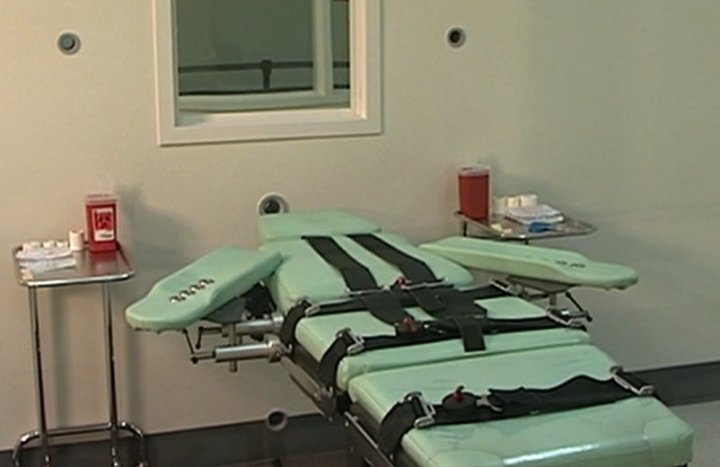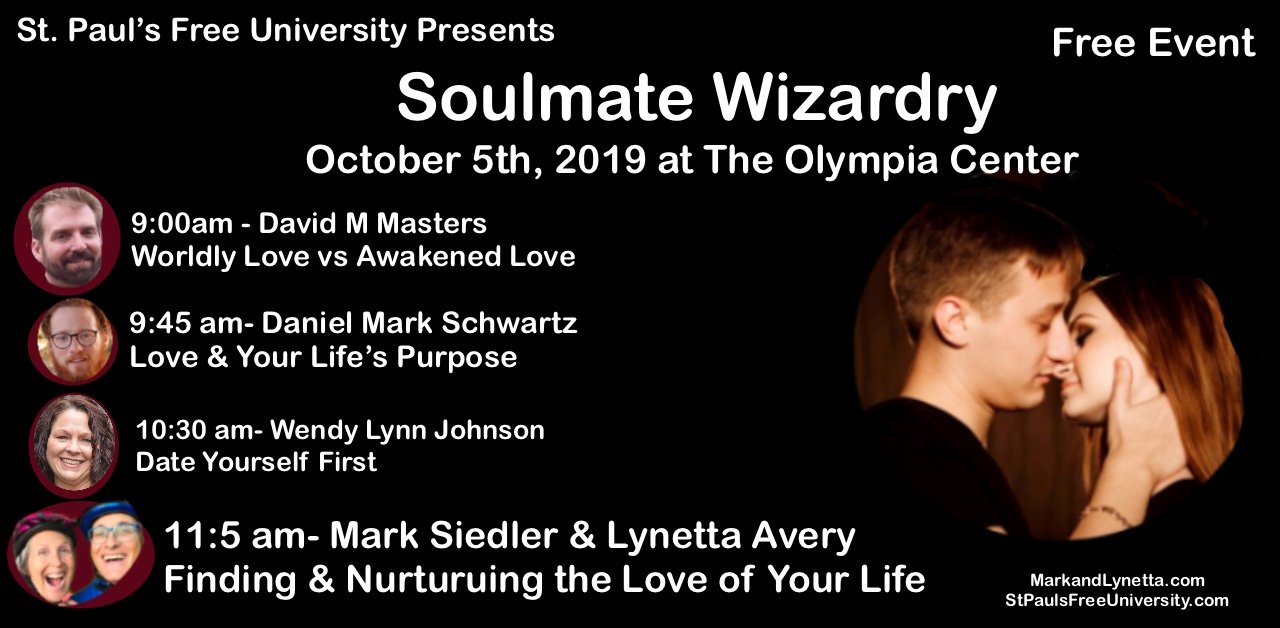Suffering from the effects of trauma or post-traumatic stress disorder (PTSD) can be expressed in many dysfunctional ways. When it is severely internalized, the one who has suppressed the trauma suffers even more. The people around this person are more than likely unaware that he or she is suffering at all because their internalization of the trauma is so effective. Or is it? They appear to be coping and interacting in life’s processes normally. But at what cost?
Unbeknownst to the onlookers, or even the person who is suffering from repressed trauma, it takes a great deal of energy to keep the trauma suppressed, because if it were to be released, the individual might experience a severe psychotic break or worse.
Where does the energy come from necessary to manage suppressed trauma?
The human body is a combination of mass and energy. The energy required to manage suppressed trauma is robbed from the body that hosts the trauma. This is the very same energy that is required for the body to function properly, so the body begins to deteriorate.
How does the body deteriorate due to suppressed trauma?
First and foremost, the immune system is compromised, so the person who is keeping the trauma buried deep within is prone to sickness, disease, and premature aging. Then energy is taken from the basic physiological and brain function, so organs begin to fail, bones may become brittle, depression begins to settle in, and cognition becomes problematic.
Explosive Traumatic Outbursts
Keeping all that trauma bottled up takes a lot of energy. Someone suffering from repressed trauma can get some relief by having an explosive traumatic outburst event. This is shocking to the unsuspecting onlookers who will be hard-pressed to try to make sense of this sudden break in character of their beloved family member, friend, or faithfully diligent employee.
Once completed, the outburst, which could take from hours to years, can offer a great deal of relief, and in a sense re-energize the individual suppressing the trauma giving them the ability to reset and have the energy necessary to resume a “normal” life once again.
Self-Medication
Many trauma suppressors release the pain from bottling it up by finding ways to let off steam and reenergize by engaging in high-risk activities periodically. These activities may be intimidating, even frightening, for most of us, but to them, they are highly effective coping mechanisms.
How might trauma suppressors self-medicate?
You might find them excessively “overing,” over-eating, over-drinking, over-spending, over-compensating, hoarding, gambling, using illicit drugs, engaging in criminal activity or sexually stimulating activity, having unprotected sex with strangers, or living a secret second life as a less desirable personality, among other methods of self-medication.
How do trauma suppressors affect other people’s lives?
If you genuinely care about someone who is actively hiding buried festering infectious wounds of unresolved trauma and abuse, accept the fact that this will be a tumultuous relationship. Expect broken promises, sudden surprises, hurt feelings, and ghosting, where this person may disappear without a word for periods of time or longer, even forever.
So, what’s the answer?
What can you do if you care about someone who is suppressing trauma?
Love them. As hard as you might try to help someone who is suppressing trauma, this is a highly individualized journey, and only they hold the keys to their own doing or undoing of this. Unraveling suppressed trauma is so complicated that there is no one way to assist someone through the process of overcoming trauma and abuse from the past, the trauma that for him or her is so individually horrific that the presence of it cannot be thought about or spoken of.
Can you help someone who is suppressing trauma?
Trying to help them will do you more harm than good. This is even a speculative proposition for experienced professionals. One who overcomes unresolved trauma will often seek different practitioners and modalities before finding the right combination of methodologies to successfully exit this mentally and potentially life-threatening affair.
CAUTION: Caring about someone who is dealing with unresolved past trauma or abuse can be traumatizing for you. Trying to help them? Even more.
The best thing you can do is to love them. Love them unconditionally if you can.
Try not to judge them. Pray for them, and send them all the love and energy from above and beyond you can because they need it.






